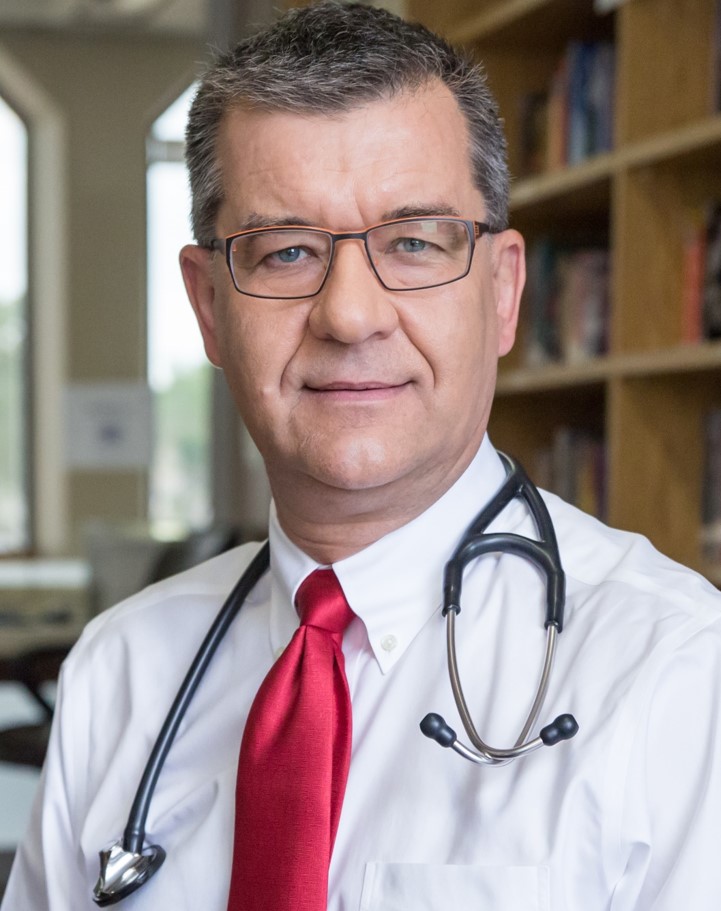Dr. Darcy Marciniuk: From the lab to life
RRC co-founder on the value of seeing research through
By Thilina Bandara
Being both a doctor and researcher, Dr. Darcy Marciniuk, Faculty at the Division of Respirology, Critical Care & Sleep Medicine, University of Saskatchewan, has unique opportunities to see the impacts of respiratory research in real-time:
“I have been involved in research from cardiopulmonary testing to health care system improvement initiatives, and throughout, have witnessed research really making clinical care and outcomes better for patients”
In his clinical work, this means prevention and better management of Chronic Obstructive Pulmonary Disorder. As the third leading cause of death worldwide and affecting more than 750,000 Canadians, COPD is a growing health care issue and one that is revealing itself to be relatively poorly understood, as recognition of its impact increases.
Dr. Marciniuk currently leads the Saskatoon site activities of a multi-centered COPD cohort study, CanCOLD. With over 2000 randomly-selected participants from across the country, the study looks to give researchers, clinicians and policy-makers a modern inventory of the risk factors and progression indicators of COPD in Canada.
Besides conducting research and clinical care, Dr. Marciniuk is also among the cofounders of the Respiratory Research Centre; a vision years in the making. As a Clinician-Investigator he saw development of the RRC as a way to help build knowledge to better manage respiratory illnesses around the world. He describes the aims of the RRC as 5-fold:
1. To raise awareness that respiratory research is important and that we have expertise in this field
2. Function as a magnet to attract inter-professional expertise and talent to address targets together
3. Understand how respiratory illness affect populations differentially
4. Improve and grow education and training opportunities for respiratory health professionals
5. Recognize that respiratory research is not a single stream; it requires varied skillsets to make an impact from bench, to bedside to blackboard.
He is also mindful of the fact that achieving these ambitious goals will take time, leadership and sustained enthusiasm from champions in respiratory research, and is hopeful for the future of respiratory research in Saskatchewan:
“It is up to us to put this opportunity to good use. This is an exciting time and you can get a sense of the possibilities and the benefits to patients that are just around the corner. The Respiratory Research Centre will help us get there.”
“There is no cookbook on how to do it - this is a challenge we asked for.”

